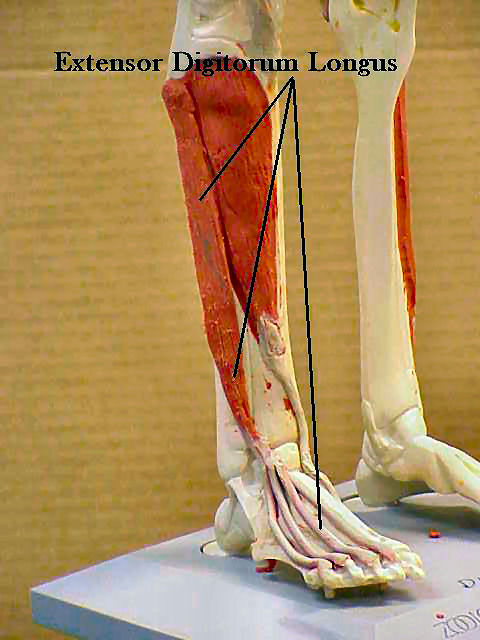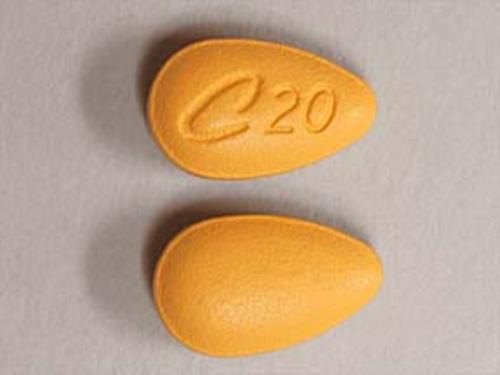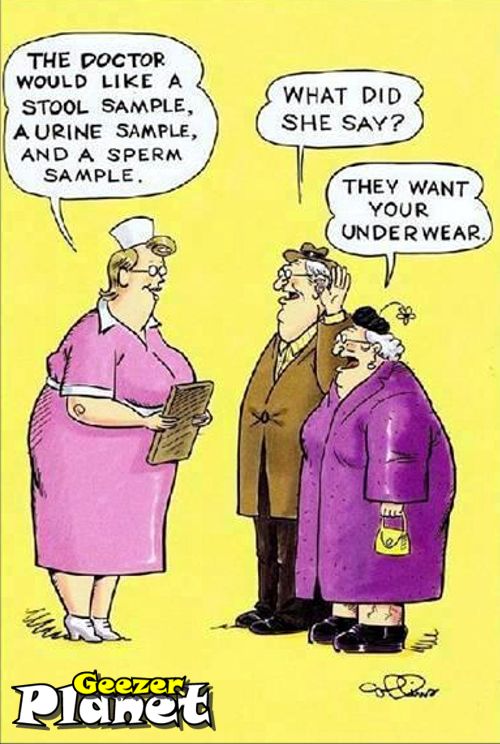|
|
||||||||||||||||
|
Radschool Association Magazine - Vol 41 Page 11 |
||||||||||||||||
|
Privacy Policy | Editorial Policy | Profit Policy | Join the Association | List of Members | Contact us | Index | Links |
||||||||||||||||
|
Health and Life style. |
||||||||||||||||
|
Back Go to page: 1 2 3 4 5 6 7 8 9 10 11 12 13 14 15 16 17 18 19 20 Forward |
||||||||||||||||
|
|
||||||||||||||||
|
Dementia.
Older
people who think they are ‘over the hill’ are reportedly more likely
to end up with a dementia diagnosis. A study has found older people
who think they are old had worse
The findings from researchers at the University of Exeter in the UK suggest attitudes towards ageing could have a huge impact on dementia diagnosis. In June 2012, the study was presented at the International Conference on Social Identity and Health at the university. It involved 68 people, aged between 60 and 70 years, who were primed to either feel older or younger than other test participants. Those in the ‘older’ group were told participants ranged from 40 to 70 years, encouraging them to think of themselves as being at the upper end of the age spectrum. Those in the ‘younger’ group were told the ages of participants ranged from 60 to 90 years, which encouraged them to think of themselves as younger than everyone else.
All
participants were then given one of two articles to read, which
either focused on the effects of age on memory or the impact of
ageing on general brain functioning. The participants then completed
a series of standard clinical tests, including a well established
The startling findings showed 70% of people who were encouraged to see themselves as older and to believe that ageing was associated with a general decline in ability met the criterion for dementia. In comparison, just 14% of those primed to see themselves as being ‘younger’ fitted the diagnosis.
Lead author, Dr Catherine Haslam, said people who see themselves as ‘older’ could be labelled as having dementia as a result of their attitude. She said: “Our research shows that the effect of age perceptions on performance can be dramatic, and that seeing oneself as ‘older’ significantly increases a person’s risk of being diagnosed with dementia on such tests.
“It highlights the importance of taking a person’s attitude towards their age into account when assessing for dementia,” she added.
New South Wales dementia expert, Harrison Bentley, said the international study does hold some truth. “Research in Australia also shows thinking yourself young has beneficial impacts on health in general,” he claimed.
|
||||||||||||||||
|
Have You had your Caffeine Hit? |
||||||||||||||||
|
Elderly people who regularly drink coffee are more likely to
maintain their strength and reduce their chances of falling and
injuring themselves, a new study has claimed.
Yahoo!!
It is known that muscle strength declines as we age and this can reduce quality of life. In the new study, researchers at Coventry University looked at whether caffeine could also have a strengthening effect on pensioners. Their study on mice revealed caffeine boosted power in two different muscles in elderly adults – an effect not seen in developing youngsters.
With the importance of maintaining a physically active lifestyle to preserve health and functional capacity, the performance-enhancing benefit of caffeine could prove beneficial in the ageing population. In the study, the researchers isolated muscles from mice ranging in age from juvenile to elderly and then tested their performance before and after caffeine treatment. They looked at two different skeletal muscles, which are the muscles we can control voluntarily. The first was the diaphragm, a core muscle used for respiration; the second was a leg muscle called the extensor digitorum longus (EDL), used for locomotion.
Despite a reduced effect in the elderly, caffeine may still provide performanceenhancing benefits. Consuming caffeine has also been linked to improved thinking processes and improved memory skills in later life. However, previous research has shown excessive caffeine intake may cause the body to rid itself of calcium, which is a nutrient vital in supporting bone strength in later life.
It can also temporarily increase blood pressure, although the long-term effects of this are unclear.
And now for a story on a product dear to the hearts of a lot of men!! and about which, one could say,
women have a keen "Accessory before the
|
||||||||||||||||
|
Viagra.
Viagra, Levitra or Cialis is often the first oral medication tried
for erectile dysfunction. For most men who have trouble keeping an
erection firm enough for sex (erectile dysfunction), these
medications work well and cause few side effects. Sildenafil
(Viagra), vardenafil (Levitra or Staxyn) and tadalafil (Cialis) are
all medications that reverse erectile
Viagra, Levitra and Cialis — How they're different!
Although they work in similar ways, each of these medications has a slightly different chemical makeup. These minor differences affect the way each medication works, such as how quickly it takes effect and wears off, and the potential side effects.
Your doctor will consider these factors when deciding if one of these medications is a good choice for you. Your doctor will also consider any health problems you have and possible interactions with other medications you take.
|
||||||||||||||||
|
||||||||||||||||
|
Vardenafil (Levitra) can also be prescribed in a tablet that dissolves on the tongue (Staxyn). A new medication, avanafil (Stendra), was approved in April 2012 by the Food and Drug Administration for treating erectile dysfunction. Stendra works similarly to Viagra, Levitra and Cialis.
When these medications may not be safe.
Not all men can safely take erectile dysfunction medications. They can be dangerous if you have certain health problems or you're taking particular medications. Erectile dysfunction medications may not be safe if you have:
Never take Viagra, Levitra or Cialis if you take nitrate drugs to treat heart pain (angina). Like Viagra, Levitra and Cialis, nitrate drugs dilate blood vessels. Their combined effects can cause dangerously low blood pressure and loss of consciousness. Medications that contain nitrates include:
Tell your doctor about any medications you're taking. A number of other drugs can also interact with Viagra, Levitra or Cialis. They include:
|
||||||||||||||||
|
Side effects.
Most men who take Viagra, Levitra and Cialis aren't bothered by side effects. When side effects do occur, they can include:
In a small number of cases, men taking Viagra, Levitra or Cialis have reported more serious side effects:
Erectile dysfunction — Don't ignore the underlying cause.
Purchasing Viagra, Levitra or Cialis online.
As with other prescription drugs, erectile dysfunction medications can be purchased over the Internet but only if you have a death wish. Be careful. Products for erectile dysfunction are big business and online scams abound. If you do purchase medications over the Internet:
Realistic expectations.
Occasional erectile dysfunction is a common problem, particularly as men age. Medication may not make you feel like you're 20 again, but it might help you achieve a more satisfying sex life. For some men, Viagra, Levitra and Cialis aren't a safe or effective choice, but other treatment options for erectile dysfunction may work. These include medications that are injected into the penis (yuk! - tb) or put into the opening of the penis before sex (double yuk! - tb), penis pumps (vacuum constriction devices), and surgically placed penis implants. Work with your doctor to find which erectile dysfunction treatment might work best for you.
|
||||||||||||||||
|
|
||||||||||||||||
|
|
||||||||||||||||
|
Veterans Reconditioning Program.
Veterans and war widows with a gold card or white card, now have access to an Accredited Practicing Dietician and and Accredited Exercise Physiologist and Physiotherapist to take part in a reconditioning program that addresses the below components.
|
||||||||||||||||
|
||||||||||||||||
|
The program offers veterans and war widows individual and group sessions and is offered at a variety of locations which includes access to gym and hydrotherapy pool facilities. There is no cost to participants.
To participate, you must have a referral from your GP. He/She must provide the referral on their own stationery or letterhead and include the following information.
|
||||||||||||||||
|
|
||||||||||||||||
|
Back Go to page: 1 2 3 4 5 6 7 8 9 10 11 12 13 14 15 16 17 18 19 20 Forward |
||||||||||||||||
|
|

 scores in memory tests. They were five times more likely to end up
with a diagnosis of dementia, simply because of their attitude
towards ageing. In contrast, people of a similar age who felt
younger received better scores.
scores in memory tests. They were five times more likely to end up
with a diagnosis of dementia, simply because of their attitude
towards ageing. In contrast, people of a similar age who felt
younger received better scores.  dementia screening test that is used in many GP surgeries and NHS
(need to spell out) memory clinics to assist diagnosis.
dementia screening test that is used in many GP surgeries and NHS
(need to spell out) memory clinics to assist diagnosis.
 dysfunction by increasing
nitric oxide, a chemical naturally produced by the body. Nitric
oxide opens and relaxes blood vessels in the penis, helping you get
and keep an erection. These erectile dysfunction medications don't
increase your sex drive and only cause erections when you are
sexually stimulated.
dysfunction by increasing
nitric oxide, a chemical naturally produced by the body. Nitric
oxide opens and relaxes blood vessels in the penis, helping you get
and keep an erection. These erectile dysfunction medications don't
increase your sex drive and only cause erections when you are
sexually stimulated.
